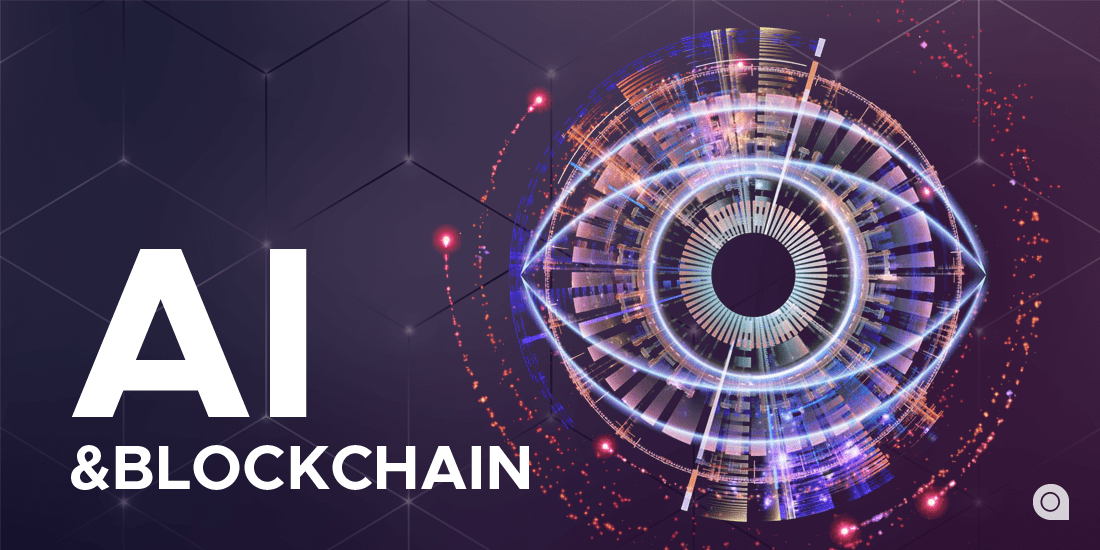In an era where environmental, social, and governance (ESG) criteria have become critical to corporate responsibility, businesses are under pressure to demonstrate ethical governance and environmental stewardship. For companies aiming to align their technology investments with ESG objectives, the role of the Chief Information Officer (CIO) is becoming increasingly pivotal. Technologies like artificial intelligence (AI), generative AI (genAI), and blockchain are transforming operations but have raised concerns over their energy consumption and environmental impact.
CIOs are now tasked with integrating these advanced technologies into business strategies while ensuring they contribute positively to ESG performance. This involves fostering cross-functional collaboration to align technological innovation with sustainability goals, addressing energy efficiency, and promoting responsible technology use. The CIO’s role is expanding to ensure that technology investments not only fuel growth but also contribute to a sustainable and socially responsible future.
Advanced technologies like AI, genAI, and blockchain, despite their operational potential, face criticism for their energy demands. Training large AI models and blockchain operations can lead to significant energy consumption and carbon emissions, posing challenges for organizations striving to balance technological advancement with environmental sustainability goals. However, emerging solutions such as model compression, edge computing, and blockchain’s shift to proof-of-stake consensus mechanisms are helping mitigate these issues.
AI is particularly instrumental in improving resource efficiency, reducing waste, and optimizing energy consumption, supporting industries in minimizing their carbon footprints. GenAI offers sustainable product innovation by optimizing design processes for efficiency and sustainability, while blockchain enhances governance and transparency, crucial for industries where supply chain traceability is vital.
CIOs must lead cross-functional teams to integrate technology solutions into broader ESG strategies, ensuring technologies like AI and blockchain align with specific ESG metrics. By doing so, they can drive innovation, reduce environmental impact, and reinforce the company’s commitment to ethical governance, thereby building stakeholder trust and enhancing corporate reputation.
Real-world examples, such as Microsoft’s AI for Earth initiative and IBM’s Food Trust blockchain platform, showcase how these technologies are enhancing ESG performance by addressing environmental challenges and improving supply chain transparency. As businesses continue to integrate ESG into their core strategies, those leveraging AI, genAI, and blockchain effectively will position themselves as leaders in the global marketplace.
Ultimately, CIOs have a critical role in ensuring that technology investments align with ESG objectives and broader business goals. By leading responsible technology frameworks and strategically deploying AI, genAI, and blockchain, they can help their organizations innovate sustainably and responsibly, achieving both operational success and corporate responsibility.









